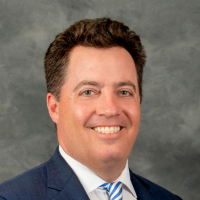Unionville Center Felony Lawyer, Ohio
Michael Jeffrey Hayes
✓ VERIFIEDCriminal, DUI-DWI, Felony, Traffic
Life can throw you a curveball. You need someone in your corner that understands good people can make mistakes. Michael also understands that good peo... (more)
Jonathan T. Tyack
✓ VERIFIEDCriminal, DUI-DWI, Felony, Misdemeanor, Juvenile Law
Jonathan Tyack is a practicing lawyer in the state of Ohio handling criminal defense and personal injury matters.
Dustin Blake
Criminal, DUI-DWI, Felony, Federal Appellate Practice, State Appellate Practice
Status: In Good Standing
FREE CONSULTATION
CONTACTSpencer James Cahoon
Felony, Victims' Rights, Misdemeanor
Status: In Good Standing Licensed: 17 Years
FREE CONSULTATION
CONTACTCecilia M. Hardy
Criminal, Personal Injury, Felony, DUI-DWI
Status: In Good Standing Licensed: 1 Years
Tamara L. Maynard
Electronic Commerce, Government Agencies, Felony, Business
Status: In Good Standing
Franklin Connor Davis
Estate, Felony, Business, Bankruptcy & Debt
Status: In Good Standing Licensed: 12 Years
Catherine Louise Strauss
Intellectual Property, Government, Felony, Bankruptcy & Debt
Status: In Good Standing Licensed: 24 Years



